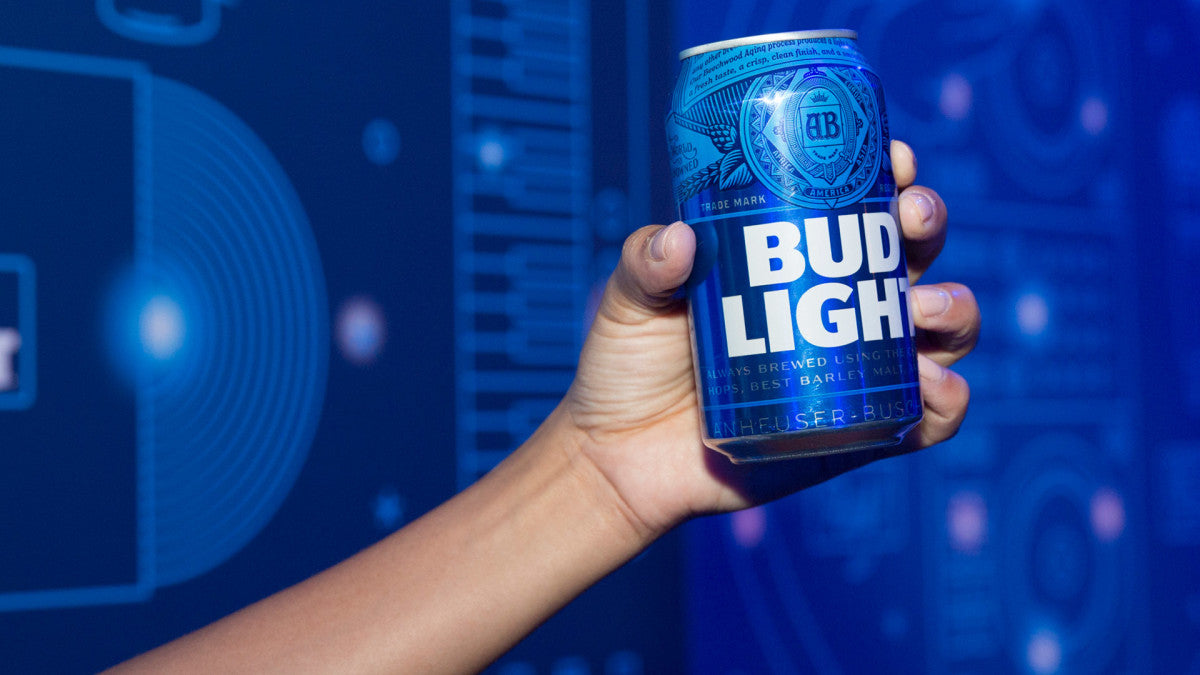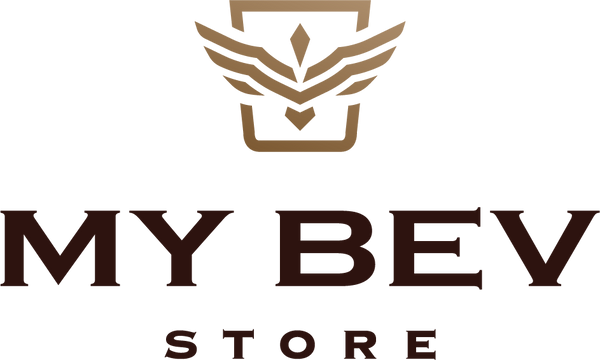Bud Light Beer Uncovered: The Journey of America's Favorite Light Beer
February 29 2024

Introduction
Bud Light, an iconic American light lager, has stood the test of time, becoming one of the most popular and widely consumed beers in the United States and beyond. Renowned for its crisp, clean taste and smooth finish, Bud Light has carved out a significant niche in the beer market, appealing to a broad spectrum of beer enthusiasts. This article delves into the world of Bud Light, exploring its history, product details, market position, and the innovative marketing strategies that have solidified its status as a household name.
History and Development of Bud Light

The journey of Bud Light began in the early 1980s as Anheuser-Busch sought to expand its portfolio and cater to the growing demand for a lighter beer alternative. Introduced in 1982, Bud Light quickly rose to prominence, offering beer lovers a lower-calorie option without compromising on taste. Over the years, Bud Light has undergone several transformations, from packaging redesigns to the introduction of new flavors and varieties, each step reinforcing its commitment to quality and innovation. The evolution of Bud Light reflects the changing tastes and preferences of beer drinkers, adapting to meet the demands of a dynamic market.
Product Details
Bud Light distinguishes itself with a meticulously crafted formula that prioritizes quality and taste. At its core, the ingredients include water, barley malt, rice, yeast, and hops. This combination ensures a light, refreshing taste with a clean finish, making Bud Light a favored choice among light beer enthusiasts. The brewing process, honed over decades, involves careful selection of ingredients and a controlled fermentation period, which results in its distinctive light golden color and subtle hop aroma.
Varieties of Bud Light have expanded over the years, introducing options such as Bud Light Lime, Bud Light Orange, and Bud Light Platinum, each offering a unique twist on the classic taste. Nutritional information is transparently provided, appealing to health-conscious consumers. A standard serving of Bud Light contains 110 calories, 6.6 grams of carbs, and an alcohol content of 4.2% by volume, aligning with its position as a lighter beer option.
Market Position and Consumer Perception
Bud Light enjoys a dominant position in the beer market, consistently ranking as one of the best-selling beers in the United States. Its appeal spans a wide demographic, from young adults to older generations, attributable to its accessible taste profile and brand versatility. Sales data indicate a strong and steady consumer base, with Bud Light accounting for a significant share of the light beer market.
Consumer reviews and perception of Bud Light are generally positive, with many appreciating its consistent quality and affordability. The brand has cultivated a loyal following through its engagement with consumers, both in-person and online, fostering a community of Bud Light enthusiasts.
Advertising and Sponsorships
Bud Light's advertising campaigns have been pivotal in shaping its brand image and expanding its market reach. The brand has become synonymous with memorable slogans, humorous commercials, and engaging social media content. Notable campaigns, such as the "Dilly Dilly" series, have entered popular culture, demonstrating Bud Light's prowess in creating viral marketing moments.
Sponsorships play a significant role in Bud Light's marketing strategy, with partnerships spanning major sports leagues, music festivals, and cultural events. These sponsorships not only enhance brand visibility but also allow Bud Light to connect with its target audience through shared experiences and passions.
Competitive Analysis
In comparison to other light beers, Bud Light stands out for its blend of quality, taste, and brand loyalty. Its unique selling points include a well-established brand image, extensive distribution network, and continuous innovation in product offerings. Despite the competitive landscape, Bud Light has maintained its relevance and appeal, adapting to consumer trends and preferences.
Challenges and Controversies
Like any major brand, Bud Light has faced its share of challenges and controversies. These have ranged from advertising missteps to consumer feedback on new product launches. However, the brand has shown resilience and adaptability, addressing concerns transparently and maintaining an open dialogue with its consumers.
In conclusion, Bud Light's journey from its inception to becoming a staple in the beer market is a testament to its enduring appeal and the strategic vision of its creators. Through a combination of quality products, effective marketing, and consumer engagement, Bud Light has cemented its status as a beloved beer brand. As it continues to innovate and adapt, Bud Light is poised to remain a favorite among beer drinkers for years to come.

0 comments